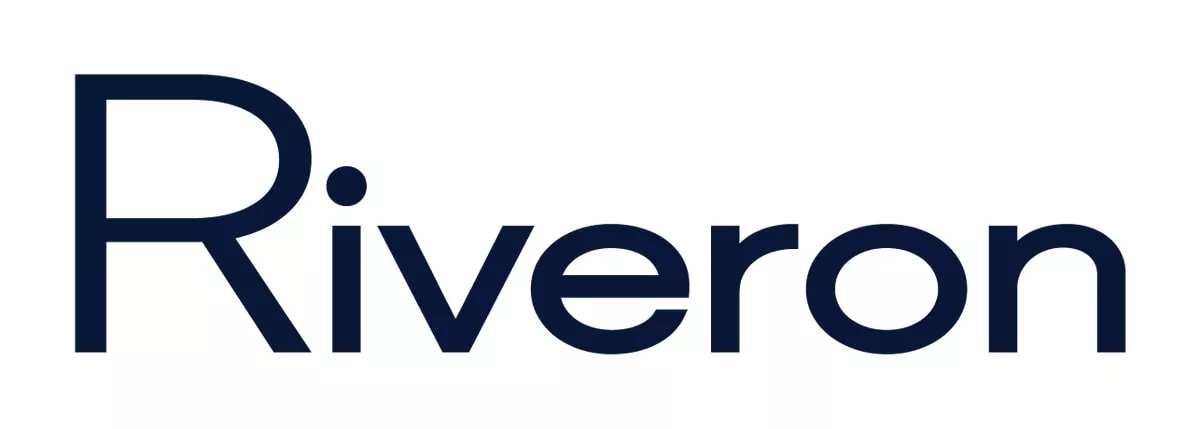- within Environment, Law Department Performance, Media, Telecoms, IT and Entertainment topic(s)
As year-end audits swing into full gear, the topic of choosing the right independent auditor is on the minds of many controllers, chief accounting officers, and chief financial officers. It's a decision that carries more weight than just ticking a compliance box; it's about partnering with a firm that deeply understands and thoughtfully evaluates your company's accounting decisions, contributing significantly to a transparent and comprehensive audit process. As there are few relationships that are as important to a company's accounting and finance leadership as the auditor, it's important to manage this selection process the right way. There are several nuances of this crucial choice, including how to structure the request for proposal (RFP) for audit services and subsequent steps, touching on the specifics that accounting and finance leaders should consider when making this decision.
Audits Affect More than Just Compliance
The choice of an independent auditor goes beyond mere compliance. It is about selecting a partner capable of understanding and evaluating the company's accounting decisions in their entirety, and the right auditor will contribute to a transparent, thorough, and effective audit process. This choice is integral to ensuring that as financial reporting deadlines loom, the company is not just prepared, but confident in the integrity and accuracy of its financial disclosures.
The audit process often involves scrutinizing areas where significant judgment is required (such as debt and equity transactions or revenue recognition practices). In these scenarios, the right auditor's expertise becomes indispensable to ensure a constructive audit that brings value. They engage in an informed dialogue, challenging and evaluating the company's judgments and assumptions.
Today, many accounting teams are lean and must deliver results in tight timeframes. No matter how well the accounting team plans the year and the audit, it is likely that changes will occur (e.g., significant new contracts, transactions, or personnel movements) that throw a curveball into the audit timeline. It can make a difference if the auditor remains engaged and responsive throughout the year, provides a consistent cadence of communication and depth of industry experience well-matched for the company, and prioritizes risk management and practicality.
How to Identify High-Quality Audit Firms
When assessing an auditor's qualifications, it is essential to consider their licensing, independence, experience, and ongoing professional development. Look for firms with a track record of handling audits in your industry. It's not just the firm's overall experience that matters, but also its relevance to your specific sector. This specialization can significantly impact the audit's quality and efficiency.
The size of the audit firm does not always correlate with the quality of the audit. A firm's commitment to quality is a more reliable indicator. This can be assessed through the auditor's participation in programs like the AICPA's Peer Review Program, which enhances the quality of accounting, auditing, and attestation services.
The content of this article is intended to provide a general guide to the subject matter. Specialist advice should be sought about your specific circumstances.



